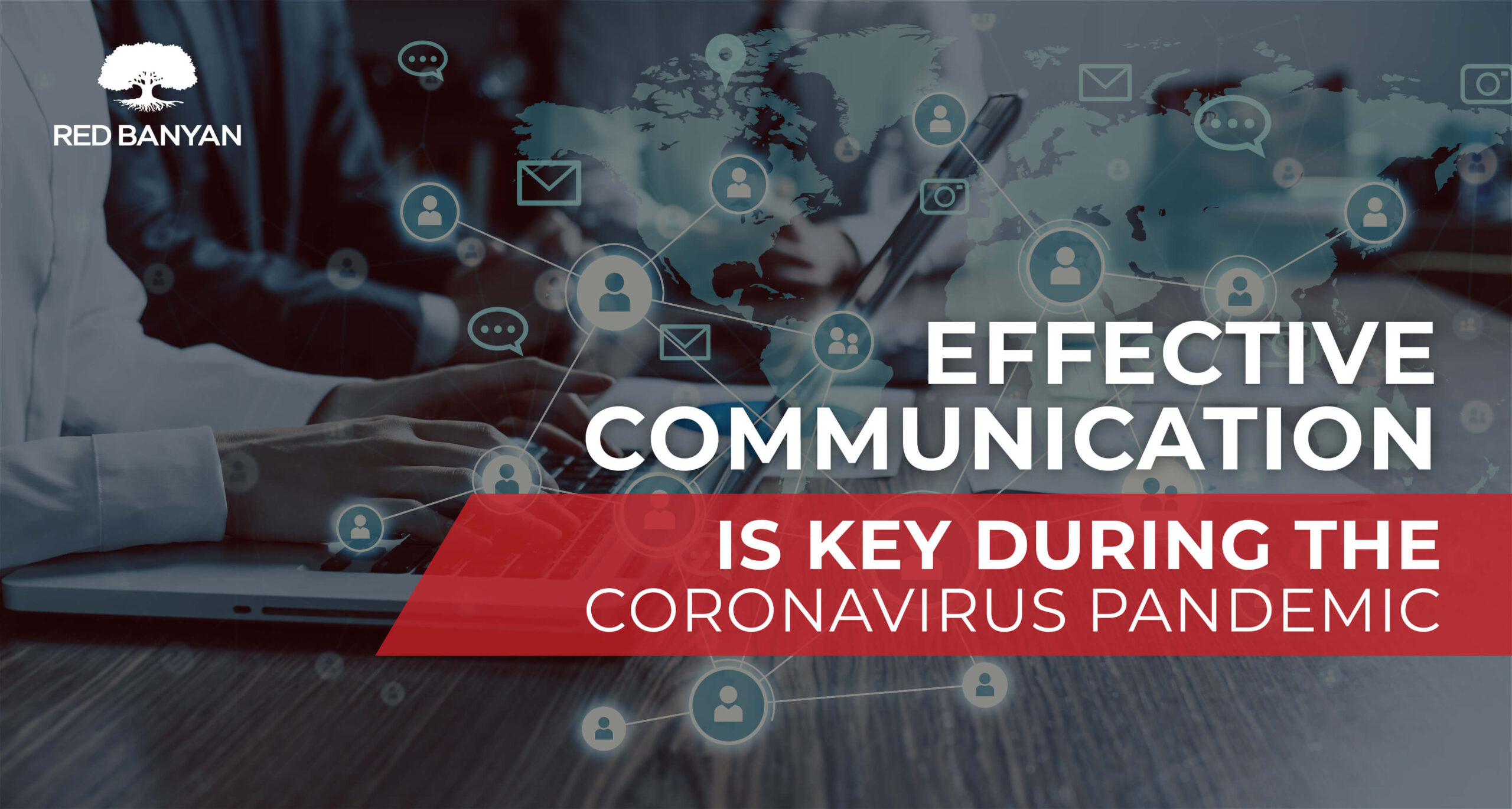Effective Communication is Key During the Coronavirus Pandemic
March 20, 2020 | Category: Blog, Careers, Crisis Communications Florida, Crisis PR, News, Public Relations

COVID-19 is causing panic on an international scale as more and more people are affected every day. The mandatory shutdown of schools, restaurants, stores, beaches, parks and other public facilities has led to major business disruptions and a plummeting stock market.
During this unprecedented time, businesses are at high risk of taking a blow to their bottom line as a result of social distancing, isolation and quarantines.
How companies should handle the coronavirus will vary across industries; however, steady communication is the common thread that will likely determine how organizations fare in times of crisis. It is critical for businesses to maintain effective communication during the coronavirus and the resulting economic uncertainty it has produced across the world.
Are Your Coronavirus and Crisis Communications Plans Up to Date?
A ready-to-implement crisis management plan is the single-most efficient way to protect your business, clients, employees and stakeholders during this pandemic. Your crisis communications plan should include the following:
A Dedicated Crisis Team: This can take the form of assigning roles to internal team members or outsourcing a crisis management PR firm. Either way, your plan needs to include a dedicated crisis team. Every member of your staff should know is who is responsible for each task that needs to be executed within the plan.
Reliable Data on COVID-19: Establish the facts. With crisis plans, it is always essential to outline the flow of information, paired with strong and reliable data. This in turn ensures that employees and customers are educated and encourages calmness and productivity when times are uncertain.
Company Messaging: To maintain effective client and employee communication through the coronavirus pandemic, your crisis management plan needs to include strong and authentic company messaging. Employees, stakeholders and clients alike will be looking to your organization for guidance and active response. Thus, messaging needs to be detailed and on point.
An Updated Business Contingency Plan: This component focuses solely on the vital functions responsible for supporting your business in an emergency. The plan should be adapted specifically to the challenges we are facing with the coronavirus, as it affects each industry differently. The business continuity plan should include the following:
- Policies and procedures for remote work (if applicable)
- Adjusted employee sick time and leave policies
- Payroll continuation
- Strategies to reduce expenses and generate revenue
- Contact information for key personnel
- Defined goals and objectives
If you do not have a crisis communications plan prepared, then contact Red Banyan immediately and our team of public relations experts will help you devise one.

